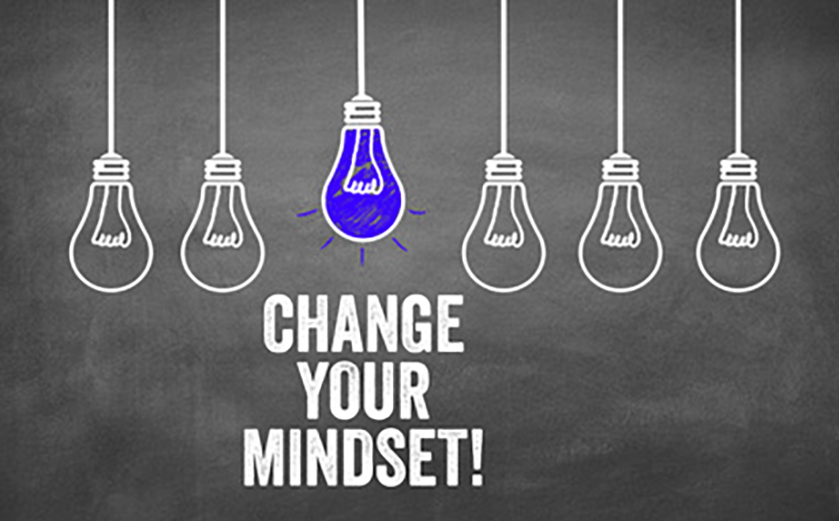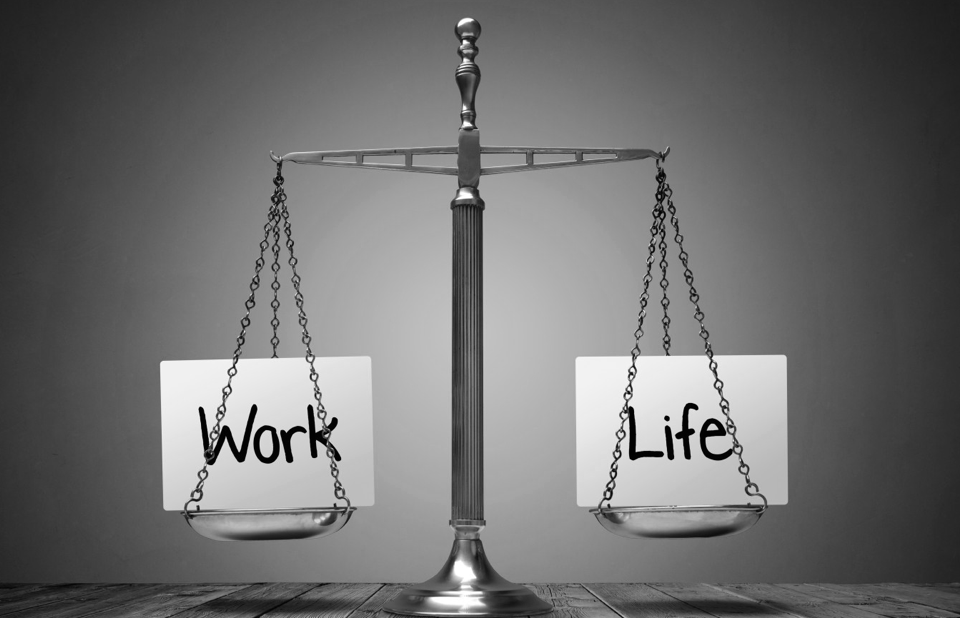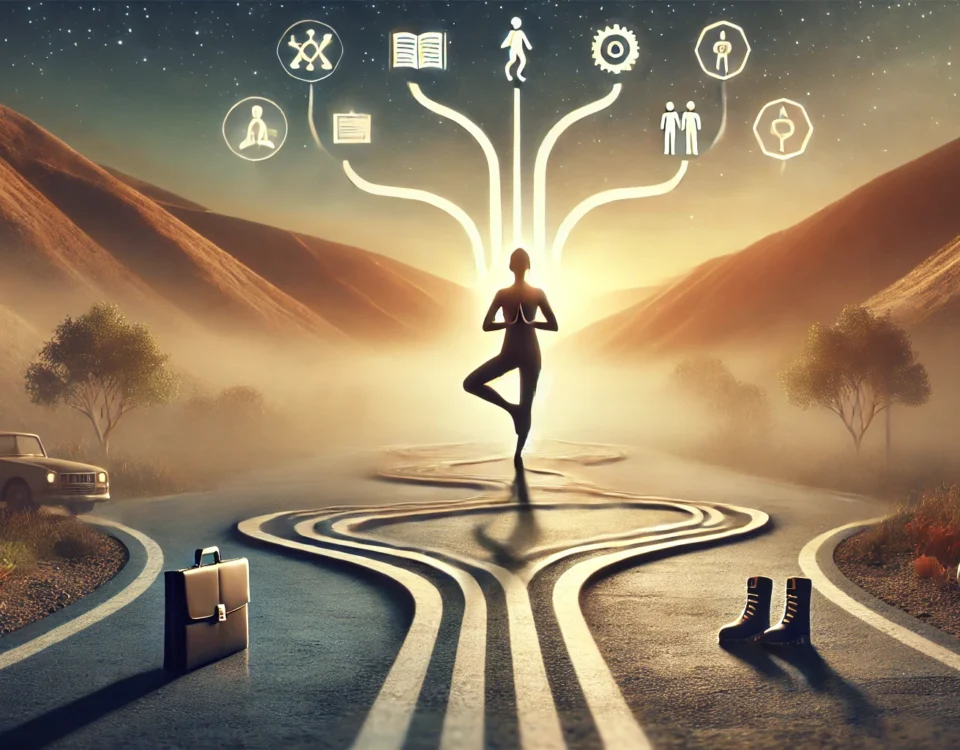Coffee is a popular beverage that is made from the roasted seeds of the coffee plant. The origins of coffee are somewhat disputed, but it is believed to have been first cultivated in the highlands of Ethiopia around 1000 years ago.
It has a long and complex history, and it has played a significant role in social, cultural, and economic systems around the world and, as you probably know, it’s a very popular beverage that contains caffeine, a stimulant that can affect the brain and nervous system.
Coffee was first consumed in the form of a beverage by the Sufi mystics of Yemen in the 15th century. From there, it spread to other parts of the Arab world and eventually to Europe, where it became popular in the 17th century.
Coffee became an important commodity in the 19th and early 20th centuries, with coffee plantations established in many tropical countries around the world. Today, coffee is grown in more than 50 countries and is the second most traded commodity in the world, after oil.
It shouldn’t come as much of a surprise that caffeine is the most widely consumed psychoactive substance in the world, and coffee is the primary source of caffeine for many people.
Here are some potential pros and cons of coffee with regards to mental health:
Pros:
- Increased alertness and cognitive function: Caffeine can increase alertness and improve cognitive function, including memory and concentration. Several studies have found that caffeine can improve reaction time, attention, and vigilance. Caffeine may also have a positive effect on long-term memory, although more research is needed to confirm this.
- Improved mood: Caffeine can increase dopamine levels, which can improve mood and reduce feelings of depression and anxiety. Some studies have found that caffeine can improve mood and reduce the risk of depression in women. However, it is important to note that the relationship between caffeine and mood is complex and may vary depending on the individual.
- Increased motivation: Caffeine can increase motivation and energy levels, which can be helpful for people who are feeling fatigued or sluggish. Caffeine can also improve physical performance, which may contribute to an overall sense of accomplishment and well-being.
- Enhanced exercise performance: Caffeine has been shown to improve endurance and strength during exercise, as well as reduce muscle pain and fatigue. This can make exercise more enjoyable and may help you stick to an exercise routine.
Cons:
- Caffeine dependence: Regular caffeine consumption can lead to caffeine dependence, which means that you may experience withdrawal symptoms if you stop consuming caffeine. These symptoms can include headache, irritability, and fatigue. Caffeine dependence can also lead to tolerance, which means that you may need to consume more caffeine to achieve the same effect.
- Insomnia: Caffeine can interfere with sleep, especially if consumed close to bedtime. This can lead to insomnia or other sleep disturbances. Sleep is important for overall brain health, so it is important to consume caffeine in moderation and to avoid consuming it too close to bedtime.
- Increased anxiety: While caffeine can improve mood and reduce anxiety in some people, it can also increase anxiety in others. Caffeine can cause physical symptoms, such as rapid heartbeat and jitters, which can contribute to anxiety. Some studies have found that caffeine can worsen anxiety symptoms in people with anxiety disorders.
- Negative impact on mental health conditions: Caffeine can exacerbate certain mental health conditions, such as anxiety and bipolar disorder. It is important to talk to a healthcare provider if you have a mental health condition and are considering consuming caffeine.
So there you have it, coffee can have both positive and negative effects on mental health, depending on the individual and the amount consumed. It is important to consume caffeine in moderation and to talk to a healthcare provider if you have any concerns about your caffeine consumption.
As you know I’m a pretty big coffee fan – even did a whole video series called Morning Coffee – and on most days I have a few cups and I often use coffee as a pre-workout drink. That said, I have noticed that when I have too much that my anxiety increases quite a bit.
In the end it’s a balance and you need to be aware of how caffeine affects you and make your decisions from there.










